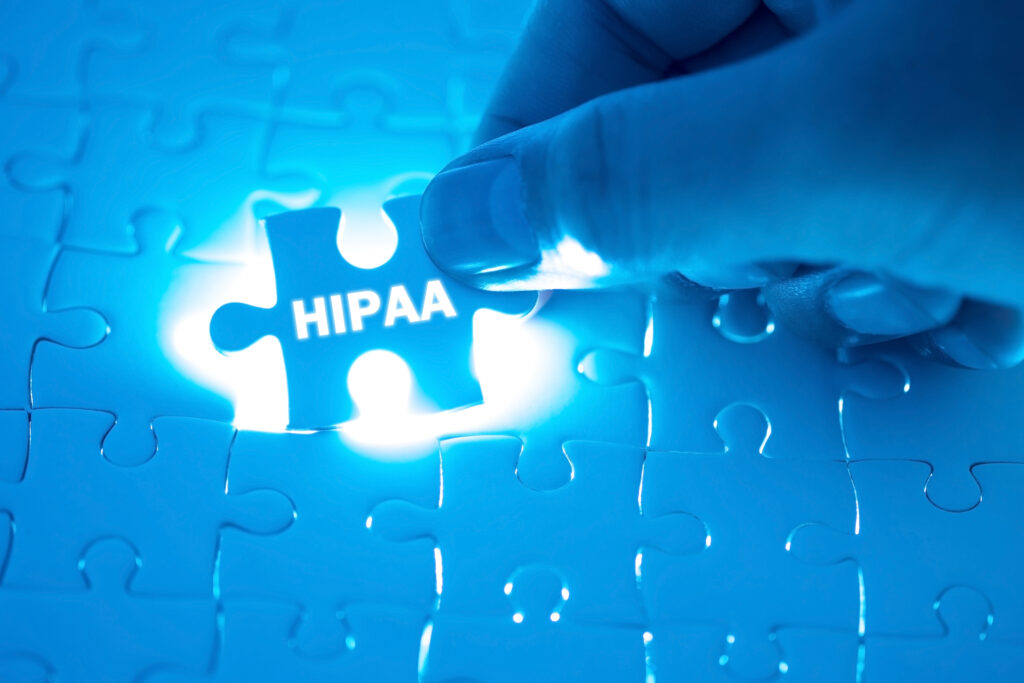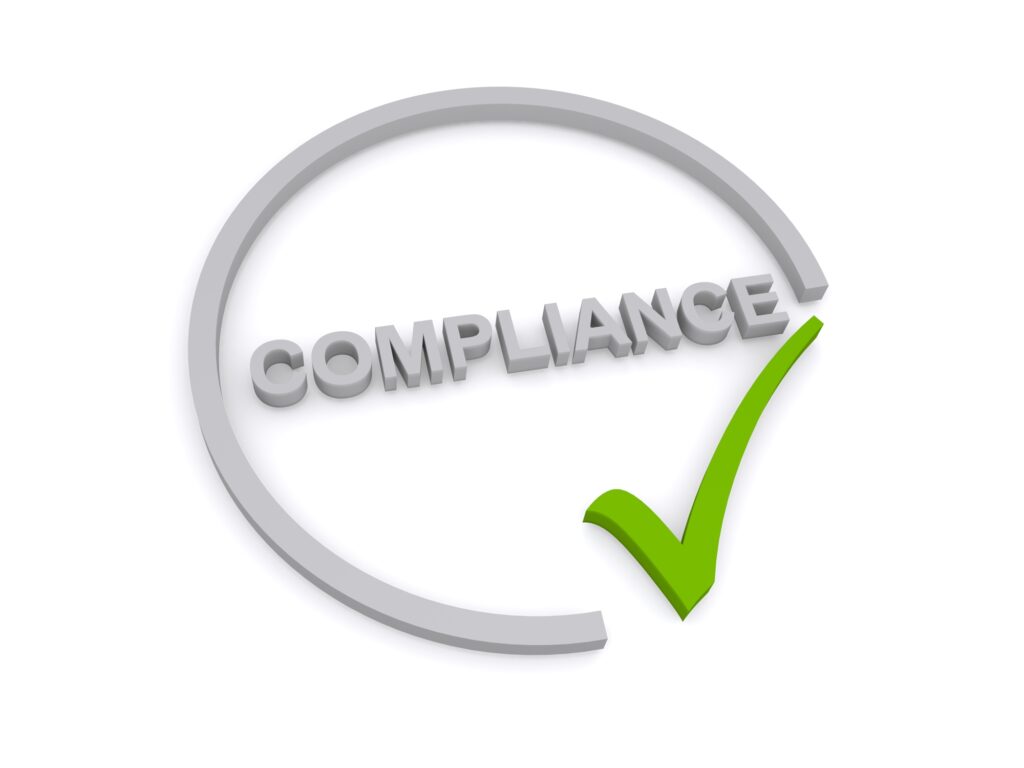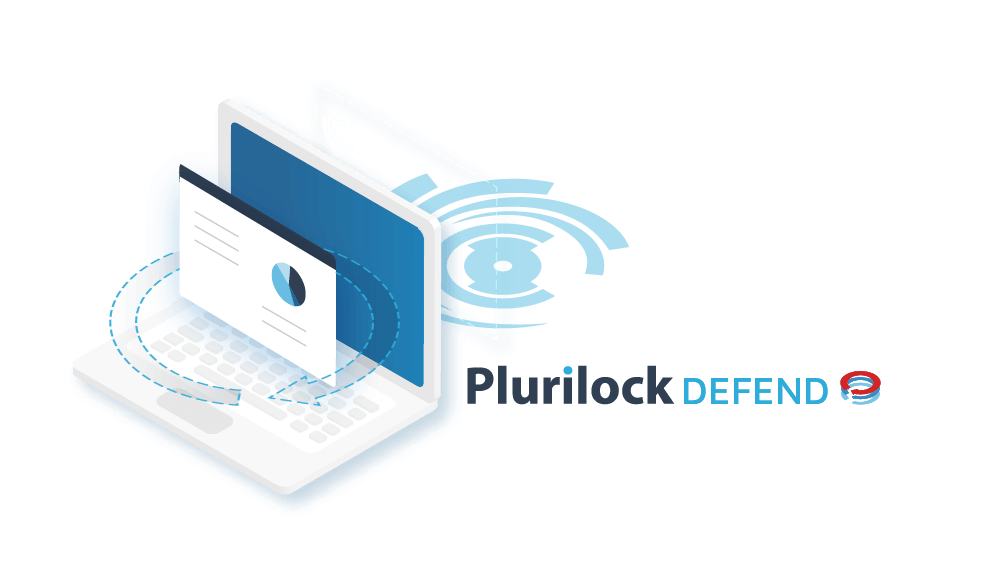In the digital age, our lives are more connected than ever. We shop online, communicate through social media, store personal photos in the cloud, and use countless apps that gather our data. While this interconnectedness brings convenience and efficiency, it also raises critical questions about privacy and data protection. As data breaches become more common and more personal information is at risk, governments around the world are enacting stringent data protection regulations. These laws aim to give individuals control over their personal information and hold organizations accountable for protecting that data.
The Birth of Modern Data Protection: A Historical Anecdote
To truly appreciate the importance of privacy regulations, we can look back to a time before the internet when personal data was still a valuable commodity. In the 1970s, the rapid advancement of computer technology led to concerns about how personal information was being used. In 1973, the United States Department of Health, Education, and Welfare issued a report recommending the adoption of fair information practice principles. This was one of the first acknowledgments that privacy was becoming a critical issue in the digital age.
However, it wasn’t until 1995 that a significant legal framework emerged with the European Union’s Data Protection Directive (95/46/EC). This directive aimed to protect individuals’ personal data and regulate the free movement of such data. Fast forward to May 25, 2018, the General Data Protection Regulation (GDPR) came into force, replacing the old directive and setting a new global standard for data protection.
GDPR: The Gold Standard of Data Protection
GDPR is often cited as the most comprehensive and robust data protection regulation in the world. It applies to any organization that processes the personal data of EU citizens, regardless of where the organization is based. This extraterritorial applicability has made GDPR a global benchmark.
GDPR’s impact is best illustrated through the story of a small American tech startup that found itself at the center of a GDPR compliance saga. This startup, offering a popular fitness app, collected extensive personal data from users worldwide, including in the EU. When GDPR was enacted, the founders quickly realized that their existing data handling practices were woefully inadequate. They scrambled to implement data encryption, obtain explicit consent from users, and set up protocols for data breaches.
The startup’s journey underscores the transformative power of GDPR. It forced companies of all sizes to rethink how they collect, store, and protect personal data. Violations of GDPR can result in hefty fines—up to €20 million or 4% of annual global turnover, whichever is higher. Such stringent penalties highlight the seriousness with which the EU approaches data protection.
CCPA: California Leads the Way in the U.S.
Across the Atlantic, the United States has a more fragmented approach to data protection, with various states enacting their own regulations. The California Consumer Privacy Act (CCPA), effective January 1, 2020, is the most prominent state-level regulation. Often compared to GDPR, CCPA grants California residents new rights regarding their personal information, including the right to know what data is being collected, the right to delete personal data, and the right to opt out of the sale of personal data.
An interesting case involving CCPA was with a well-known American retail company. The company had been selling customer data to third parties for targeted advertising without explicit consent. With CCPA’s implementation, the company faced backlash from customers who were now empowered to demand transparency and opt out of data sales. The company had to overhaul its data practices and invest heavily in compliance measures, including updating its privacy policies and setting up new systems to handle consumer requests.

HIPAA: Protecting Health Information in the U.S.
While GDPR and CCPA address general personal data, the Health Insurance Portability and Accountability Act (HIPAA) in the U.S. focuses specifically on protecting medical information. Enacted in 1996, HIPAA sets standards for the protection of health information and requires healthcare providers, insurers, and their business associates to implement strict data security measures. HIPAA compliance is critical for healthcare organizations to ensure the confidentiality, integrity, and availability of protected health information (PHI).
The Global Ripple Effect: Other Notable Regulations
Inspired by GDPR and CCPA, many other countries have introduced their own data protection laws. Brazil’s Lei Geral de Proteção de Dados (LGPD), effective since August 2020, closely mirrors GDPR in its provisions and aims to protect the personal data of Brazilian citizens. Similarly, Japan amended its Act on the Protection of Personal Information (APPI) to enhance data privacy protections, reflecting a global shift towards more stringent data regulations.
One fascinating example of the global impact of these regulations comes from India, where the Personal Data Protection Bill is in the works. India’s burgeoning tech industry, which includes giants like Infosys and Tata Consultancy Services, is deeply intertwined with global data flows. As these companies work with clients worldwide, they must navigate various international data protection laws. The introduction of India’s own data protection law is expected to further complicate but also strengthen global data governance.
Real-World Implications: Balancing Innovation and Privacy
While the primary goal of these regulations is to protect individuals’ privacy, they also pose significant challenges for businesses, particularly small and medium enterprises (SMEs) that may lack the resources to easily comply. The cost of compliance can be substantial, involving legal consultations, IT upgrades, and the hiring of data protection officers.
However, compliance also brings benefits. Trust is a critical currency in the digital world. Companies that are transparent about their data practices and committed to protecting personal information can gain a competitive edge. Consumers are more likely to engage with businesses they trust, knowing their data is handled responsibly.
An anecdote that perfectly captures this balance involves a European e-commerce company. Initially resistant to GDPR due to the perceived burden, the company decided to fully embrace the regulation, seeing it as an opportunity rather than a constraint. They invested in robust data protection measures and launched a campaign to educate their customers about their rights under GDPR. This transparency and commitment to privacy not only ensured compliance but also strengthened customer loyalty and trust, ultimately boosting the company’s market position.
Our HIPAA Security and Compliance Audit
For organizations operating in the healthcare sector, compliance with data protection regulations is paramount. Plurilock’s HIPAA Security and Compliance Audit is an in-depth appraisal of an organization’s adherence to existing policies and industry best practices. It identifies areas of weakness that need to be addressed to meet business needs and regulatory requirements.
We assess existing weaknesses and develop countermeasures in three key areas: people, process, and technology. Our service provides clients with comparative information and baselines against industry standard practices in addition to the HIPAA mandated review items in the Security Rule. A complete assessment, as required under HIPAA risk assessment specifications, includes interviews with personnel, system analysis, policy and procedure review, and remediation suggestions.
Our cost-effective approach makes it affordable for any size healthcare organization to be in compliance without cutting corners. Our comprehensive HIPAA Security assessment service offers an approach based on assessing physical and logical security, and company practices for securing confidential data.

The process involves:
- Assessing the current state of security
- Developing a comprehensive HIPAA security policy and authorization levels
- Reviewing all relevant security documentation and interviewing staff
- Performing vulnerability scanning over a VPN connection or locally
- Evaluating current practices
- Delivering a recommendations report to close gaps in security practices
Key value propositions include quickly validating problems and resolutions, prioritizing vulnerabilities, and providing automated recommendations for remediation. We help discover key weaknesses, categorize missing controls, and review security measures across networks, operating systems, applications, and endpoints. Our recommendations are prioritized and simplified, ensuring cost-effective compliance and optimized implementation.
The Future of Data Protection: Challenges and Opportunities
As technology continues to evolve, so too will the landscape of data protection. Emerging technologies such as artificial intelligence (AI) and the Internet of Things (IoT) present new challenges for data privacy. AI systems, for instance, require vast amounts of data to function effectively, raising questions about data ownership and consent. Similarly, IoT devices, which are becoming ubiquitous in our daily lives, collect and transmit large volumes of personal data, often without users’ explicit knowledge.
To address these challenges, future data protection regulations will need to be adaptive and forward-thinking. They will likely emphasize principles such as data minimization (collecting only the data that is absolutely necessary) and data protection by design (embedding privacy into the development of new technologies).
One emerging concept is the idea of “data stewardship,” where organizations act as custodians of data, ensuring it is used ethically and responsibly. This concept shifts the focus from mere compliance to proactive and ethical data management, fostering a culture of trust and accountability.
Embracing a Privacy-First Mindset
Privacy and data protection regulations are not just legal requirements—they are essential for maintaining trust in the digital age. They empower individuals to take control of their personal information and hold organizations accountable for protecting that data. While compliance can be challenging, it also offers opportunities for businesses to build trust and differentiate themselves in a crowded marketplace.
The stories of companies navigating GDPR and CCPA compliance illustrate the transformative impact of these regulations. They highlight the importance of a privacy-first mindset, where protecting personal data is not an afterthought but a core value.
As we move forward, embracing data protection principles will be crucial for both individuals and organizations. By understanding and complying with these regulations, we can help create a digital world that respects and protects our privacy, fostering a more secure and trustworthy online environment for everyone. ■









